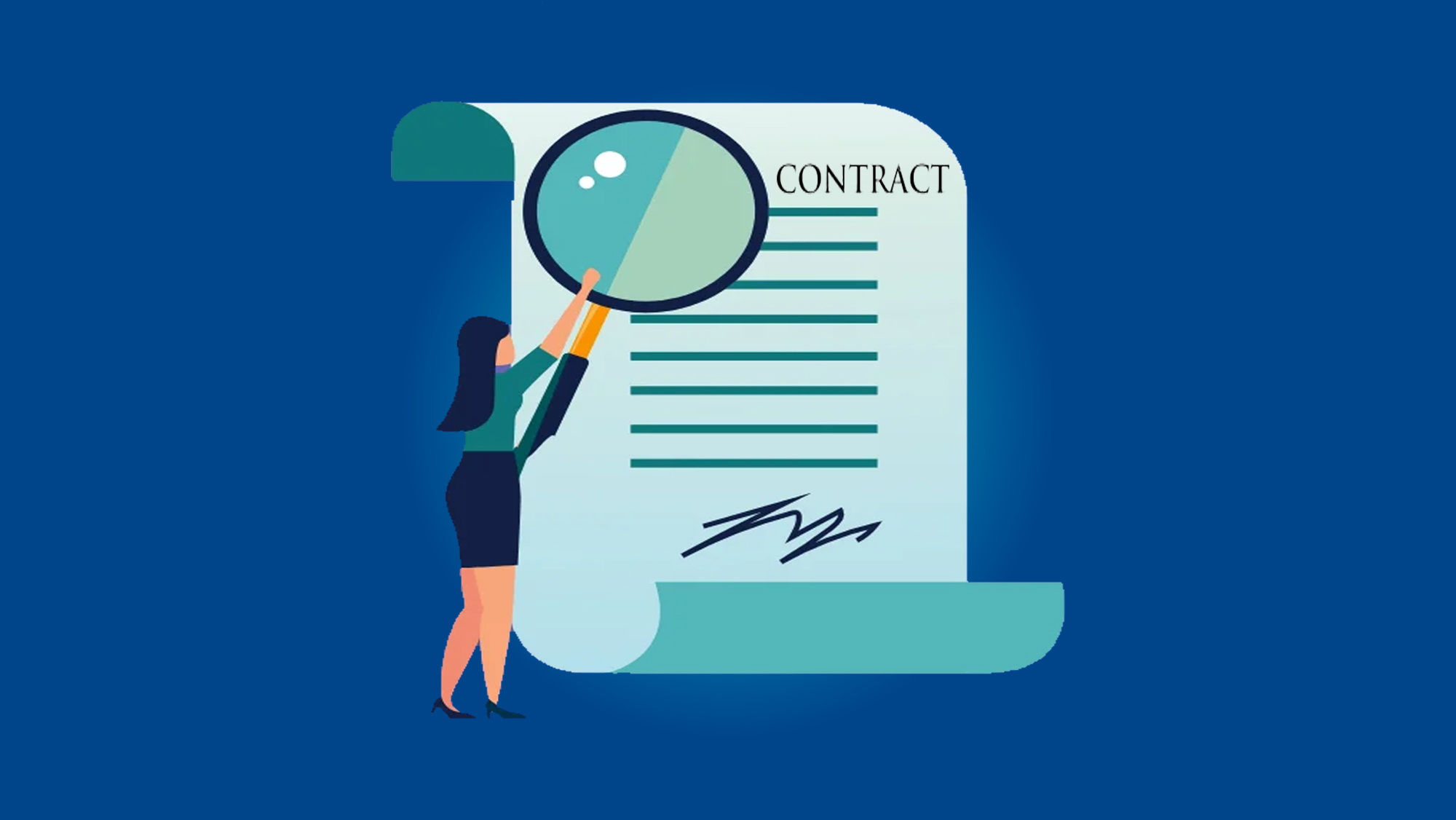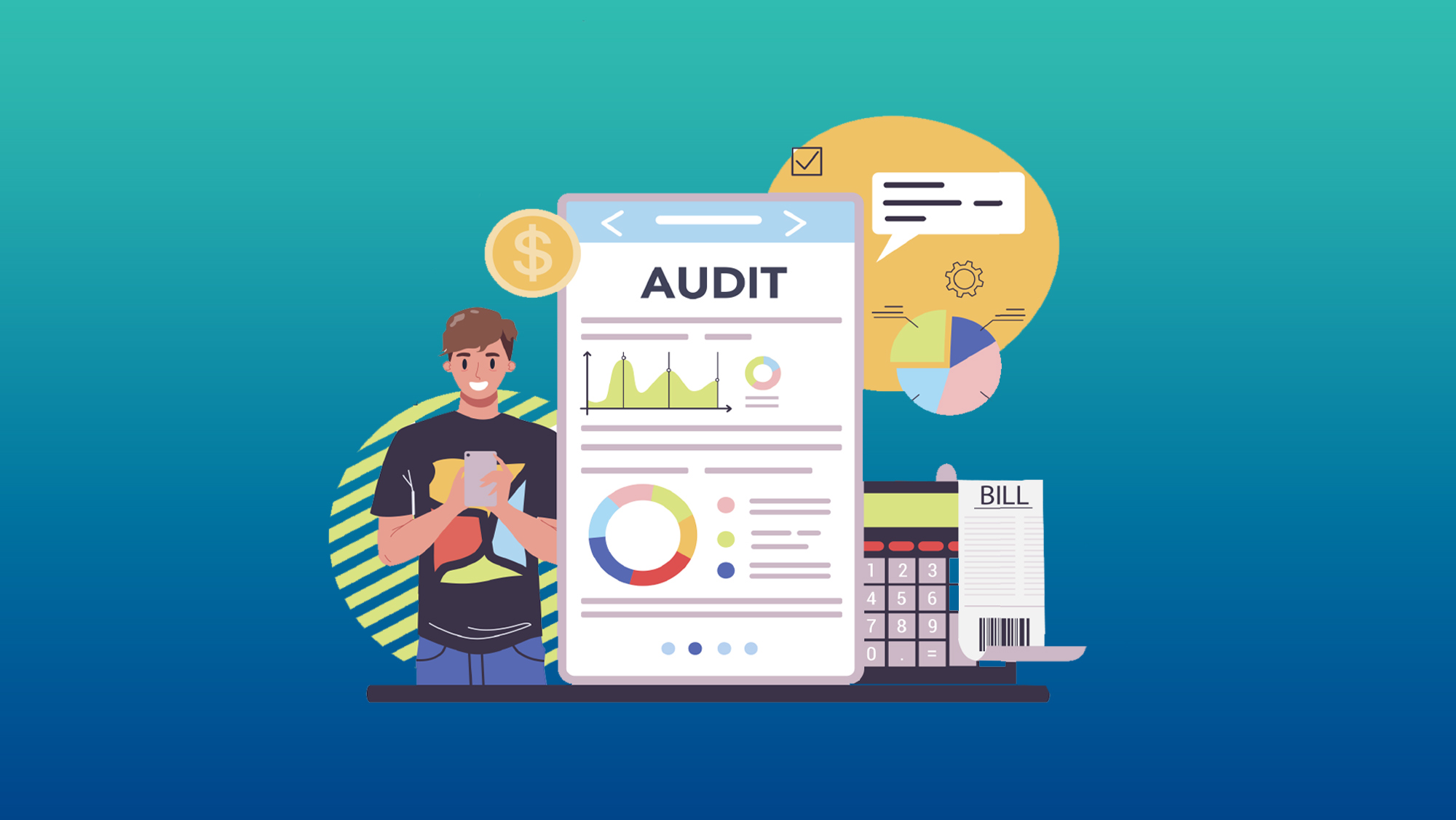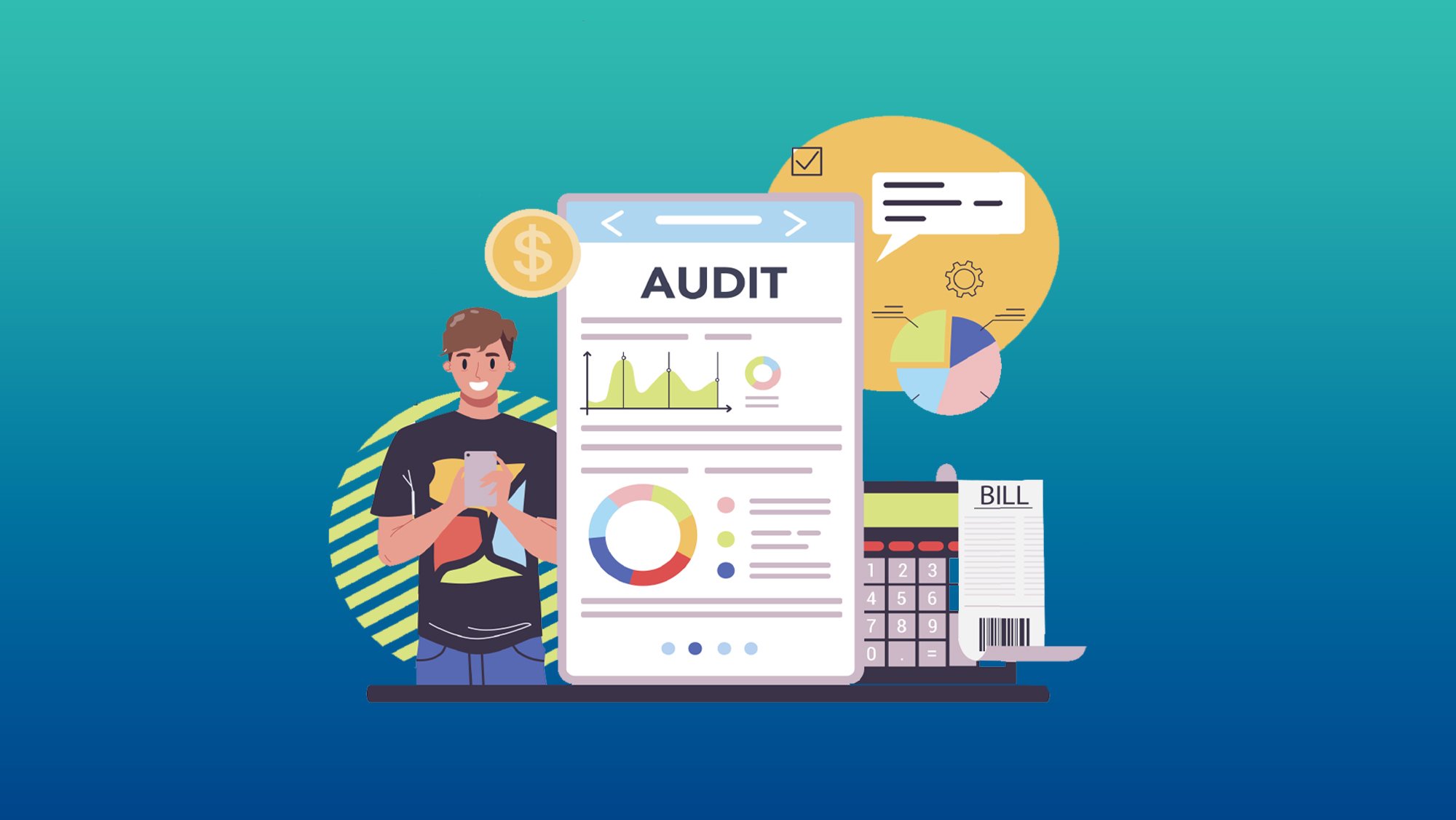Demystifying Contract Auditing: Essential Steps for Success
Introduction:
In the complex landscape of business operations, contracts play a pivotal role in defining the terms and conditions of agreements between parties. As organizations engage in various transactions, partnerships, and collaborations, a thorough understanding of the contract auditing process becomes essential to ensure compliance, risk mitigation, and overall operational efficiency. In this blog, we will demystify the concept of contract auditing and outline the essential steps for a successful contract audit.
Understanding Contract Auditing
Contract auditing is the systematic examination and evaluation of contractual agreements to verify compliance with the terms, identify potential risks, ensure accuracy, and assess overall performance. It involves a detailed review of financial records, documentation, processes, and activities associated with the contract to ensure that both parties are adhering to their obligations and that the terms of the agreement are being met.
Essential Steps for Successful Contract Auditing
Performing a contract audit requires a well-structured approach to ensure comprehensive coverage and accurate assessment. Here are the essential steps to follow for a successful contract audit:
1. Define Audit Objectives and Scope
Before initiating a contract audit, it is crucial to clearly define the objectives of the audit and the scope of the review. Determine the specific aspects of the contract that need to be audited, such as financial transactions, performance metrics, compliance with regulations, and more.
2. Gather Contract Documentation
Collect all relevant contract documents, amendments, and associated records. This may include the original contract, addendums, invoices, communication records, and any other relevant paperwork. A thorough review of these documents will provide a comprehensive understanding of the terms and conditions of the agreement.
3. Assess Financial Transactions
Examine financial transactions related to the contract. Verify the accuracy of invoices, payments, and other financial records to ensure that both parties are fulfilling their financial obligations as per the contract terms.
4. Evaluate Performance Metrics
If the contract includes performance metrics or deliverables, evaluate whether these targets are being met. Assess the quality and timeliness of deliverables and compare them against the agreed-upon standards.
5. Review Compliance
Ensure that both parties are complying with legal and regulatory requirements relevant to the contract. This may involve assessing adherence to industry standards, environmental regulations, data privacy laws, and more.
6. Identify Risks and Issues
During the audit, identify any potential risks or issues that could impact the successful execution of the contract. These risks could include missed deadlines, quality concerns, or deviations from agreed-upon terms.
7. Communication and Collaboration
Maintain open communication with all relevant stakeholders throughout the audit process. Collaborate with legal, finance, procurement, and operational teams to gather insights and address any challenges that arise.
8. Generate Audit Report
Compile the findings of the audit into a comprehensive report. The report should include details about the audit scope, objectives, methodology, findings, and recommendations for improvement. Present the report to key stakeholders for review and discussion.
9. Implement Corrective Actions
Based on the audit findings and recommendations, work collaboratively to implement corrective actions. Address any issues, improve processes, and ensure that both parties are aligned in rectifying any identified deficiencies.
10. Continuous Monitoring and Improvement
Contract auditing is not a one-time activity. Establish a system for ongoing monitoring and periodic audits to ensure sustained compliance, risk mitigation, and operational efficiency.
Conclusion:
Demystifying contract auditing is essential for organizations seeking to enhance their contractual relationships, minimize risks, and optimize their operations. By following the essential steps outlined in this blog, businesses can effectively navigate the complexities of contract auditing and ensure successful outcomes in their contractual agreements. Remember, contract auditing is a proactive measure that fosters transparency, accountability, and trust between parties, ultimately contributing to the long-term success of any business endeavor.
You May Also Like
These Related Stories

Everything You Need to Know About Contract Auditing Training

Mastering Contract Auditing: 5 Key Principles for Mitigating Risks



No Comments Yet
Let us know what you think